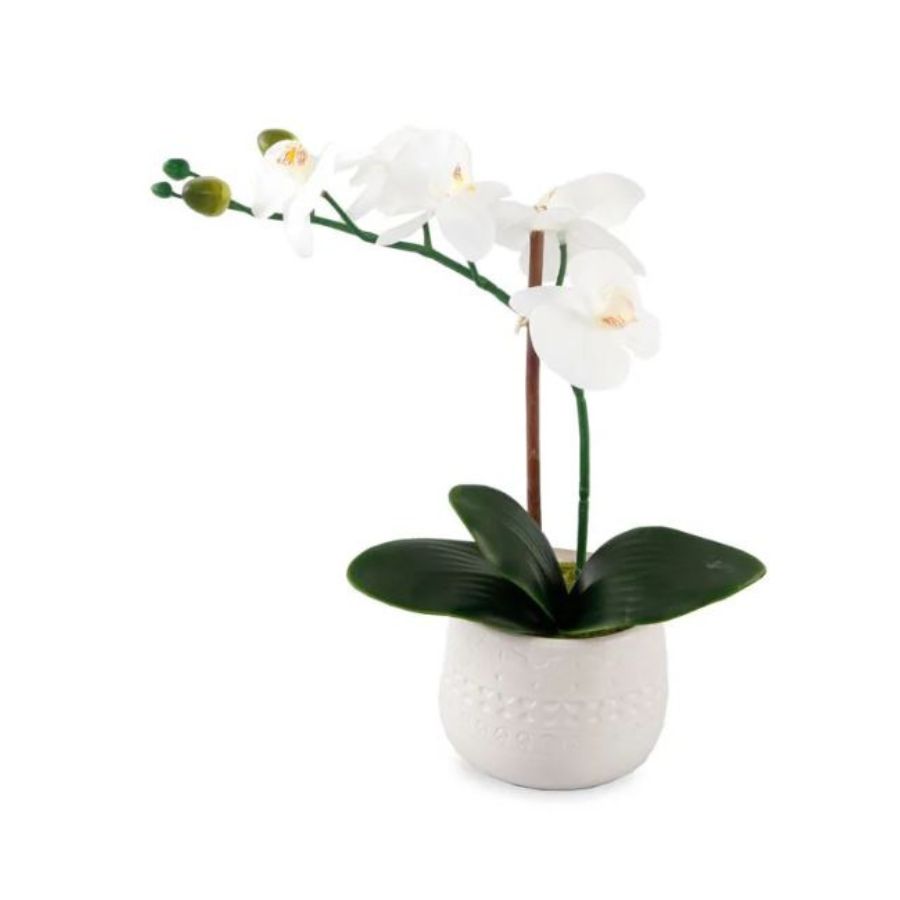7 toxic houseplants you should never bring into a home with pets, according to experts
Take care of your furry friends by making sure you never bring these houseplants into your home

If you love making houseplants part of your home’s design but you also have pets, something’s got to give. When it comes to bringing greenery into a home with animals, you need to be very mindful as some of them can be very harmful to your furry friends if ingested.
They might look harmless, but it’s important to be aware of the danger some houseplants pose. If you're a pet parent but you love decorating with plants, make sure you're clued up on those you can and can't keep for an animal-friendly environment. To find out more, I spoke to plant experts who gave me a list of seven toxic houseplants (and flowers) you should be extra wary of when bringing into a home with pets.
1. Lilies
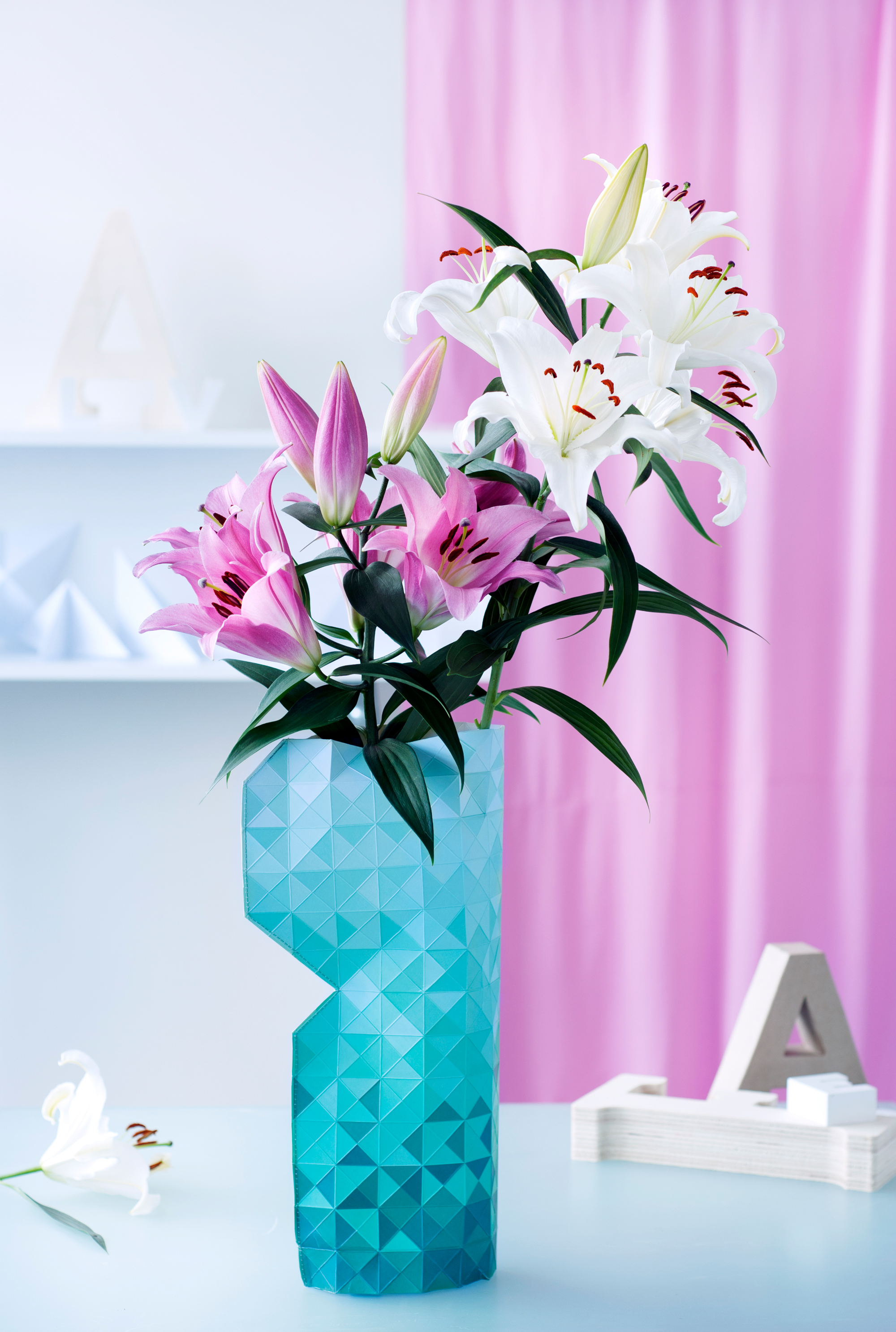
A favorite of those of us who love styling flowers in our homes, lilies are the first houseplants to avoid on the experts’ list, especially if you own cats. ‘Many varieties of lilies, including Easter lilies and Tiger lilies, are highly toxic to cats,’ explains Zahid Adnan, plant expert at The Plant Bible. ‘Ingesting any part of these plants, even in small amounts, can lead to severe kidney damage and, if not treated promptly, can be fatal.'
2. Sago palm
The sago palm is a low-maintenance, beautiful indoor plant and can be just the thing to fill an awkward corner. 'However, the sago palm contains toxins called cycasin, which can be extremely harmful to both cats and dogs,’ warns Zahid. Even humans should be careful when handling them and wear gloves to avoid contact with the skin. ‘Ingesting any part of this plant, especially the seeds, can lead to symptoms such as vomiting, diarrhea, seizures, and even liver failure,’ the expert tells me.
3. Dumb cane
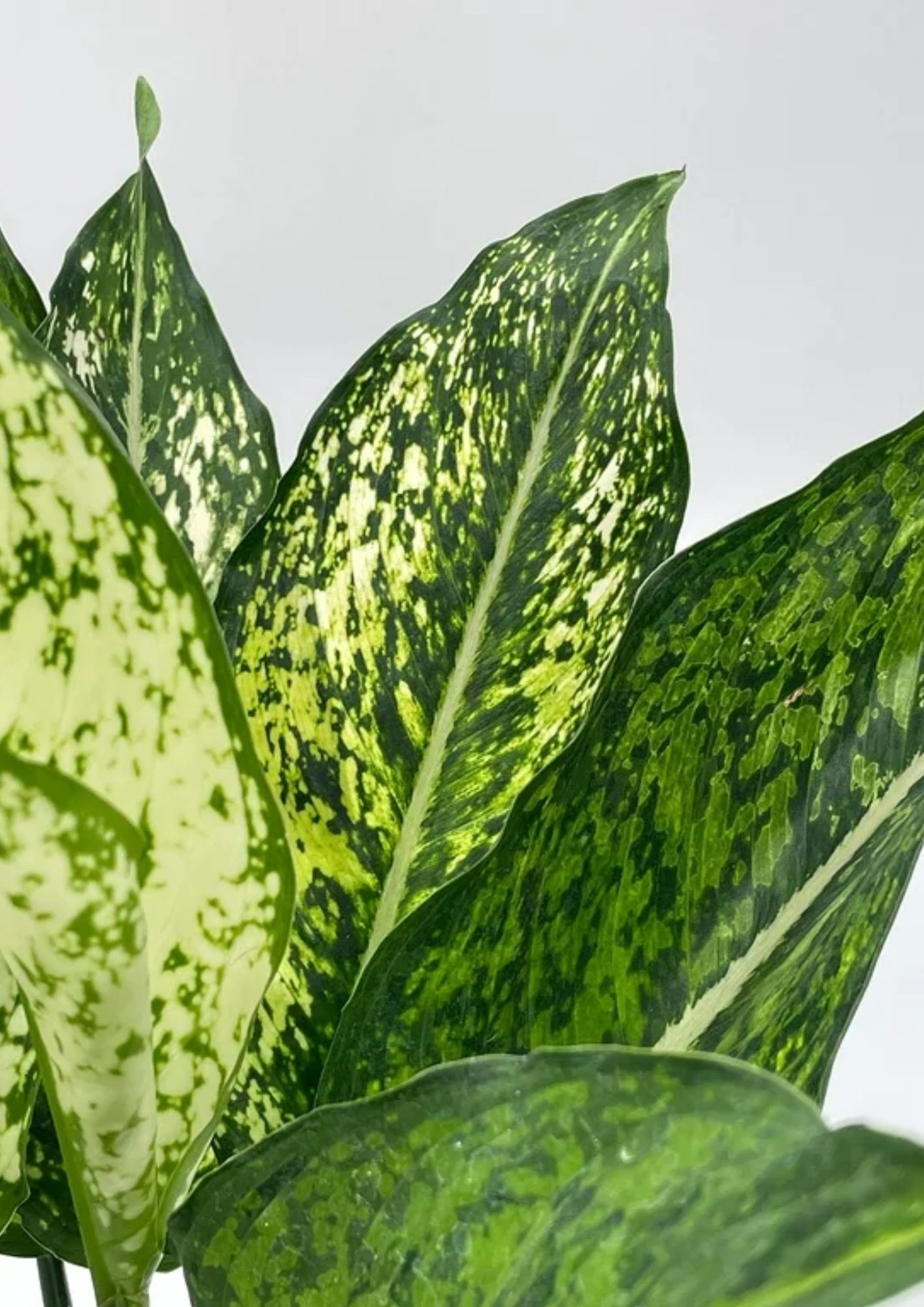
The dumb cane, also known as a leopard lily, is a beautiful flowering tropical plant. It’s mostly loved for the pattern of its leaves and it has the ability to purify indoor air. The downside is that it’s not a pet-friendly houseplant. ‘This common houseplant can cause oral irritation, intense burning and irritation of the mouth, tongue, and lips, excessive drooling, vomiting, and difficulty swallowing when chewed or ingested by pets,’ warns Gene Caballero, plant expert at Your Green Pal.
4. Snake plant
Another favorite, especially of those of us who are beginners and prefer houseplants you can't kill, is the snake plant. One of the best houseplants for beginners, this leafy houseplant is fairly low maintenance, does well in low-light environments, and can help remove pollutants from the air. This makes it a great choice for us, but the same can't be said for our pets.
‘While snake plants are generally considered less toxic, they can still cause mild symptoms like nausea, vomiting, and diarrhea in pets if ingested,’ explains Zahid. 'The plant contains compounds that may cause irritation in the mouth and stomach.'
5. Oleander
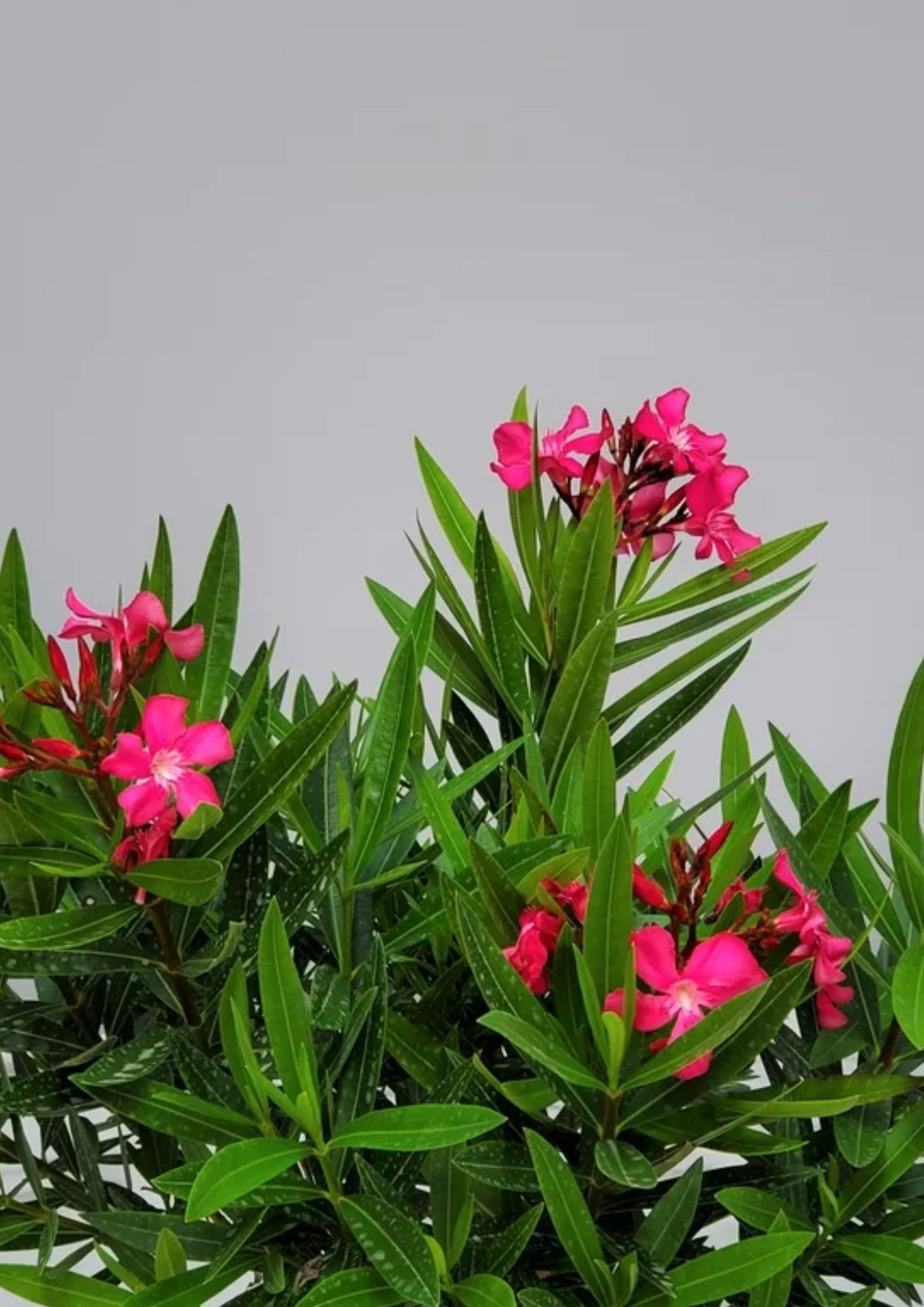
While the oleander is a very popular ornamental shrub with beautiful flowers, even for humans it can be extremely toxic. A single leaf can cause serious damage to us, so you can imagine the effect it can have on pets. ‘All parts of the oleander plant are toxic to both dogs and cats,' Gene explains. 'Ingestion can lead to severe cardiac issues, and gastrointestinal upset, and can be fatal if not treated immediately.'
6. Philodendron
The philodendrons is a great indoor, low-maintenance plant and doesn’t usually have pest problems. It just needs indirect light, warmth, and moisture. It is, however, toxic to both humans and animals. ‘Philodendrons contain calcium oxalate crystals, posing a risk of irritation to pets,’ explains Zahid. ‘Ingesting philodendron can lead to symptoms like oral irritation, vomiting, and difficulty breathing.’
7. Aloe vera
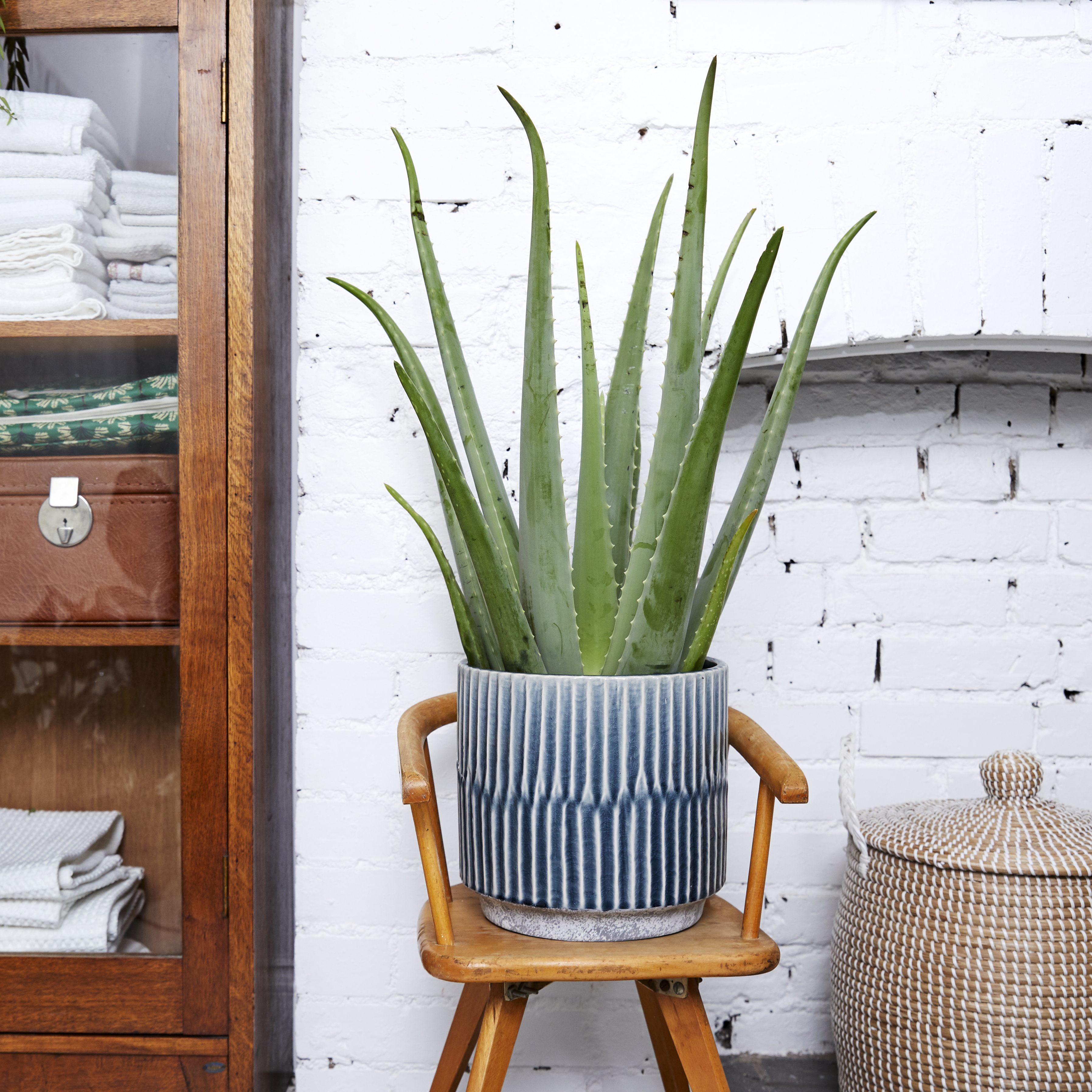
Considered an invasive species in many regions of the world, aloe vera is a popular houseplant for the gel it produces that is used in topical or oral treatments for its healing benefits. ‘While known for its medicinal properties for humans, this succulent can be harmful to dogs and cats,’ Gene tells me. ‘Ingesting aloe vera can cause vomiting, diarrhea, and lethargy.' If you do want to keep this plant in your home, make sure it’s out of pets’ reach.
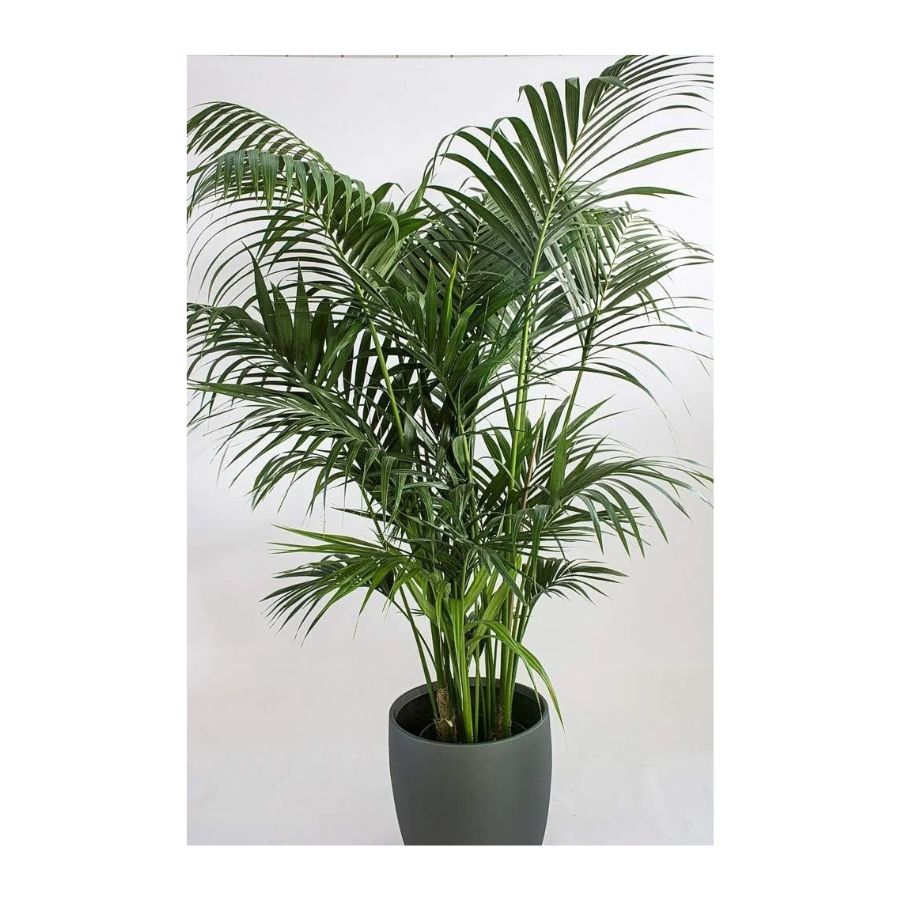
Price: $269.97
The Kentia palm is a safe option if you live in a household with pets.
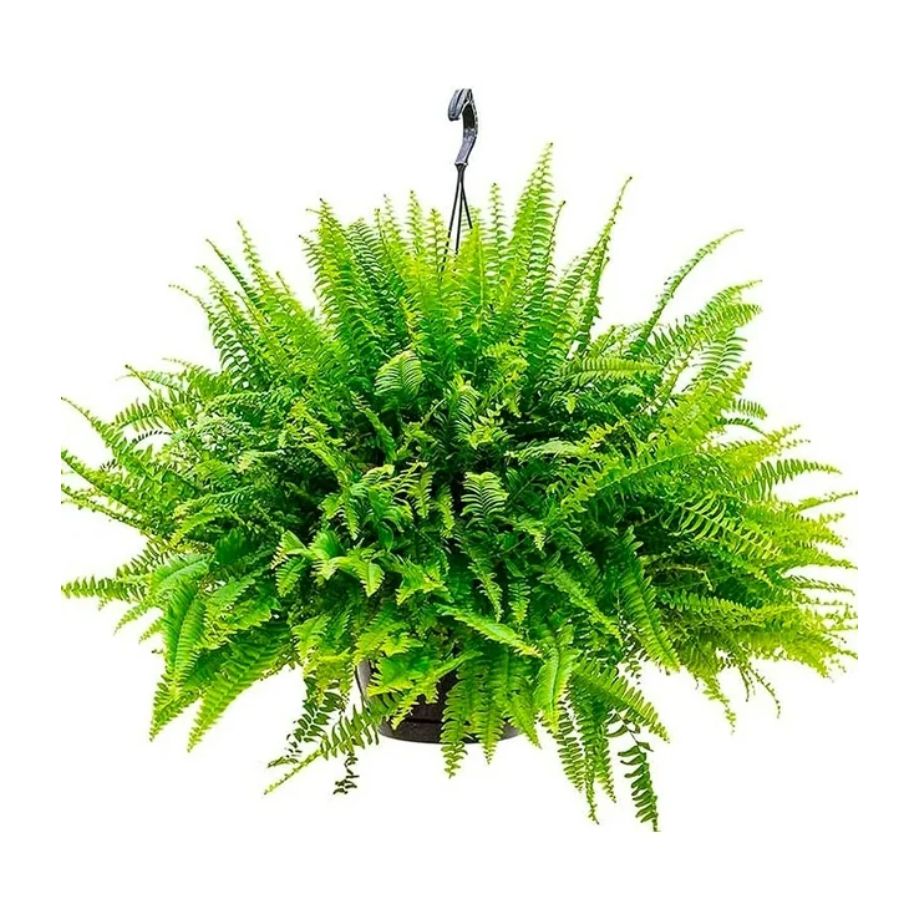
Price: $91.97
Boston ferns are also pet-friendly, and they are set to be on trend for 2024.
Be The First To Know
The Livingetc newsletters are your inside source for what’s shaping interiors now - and what’s next. Discover trend forecasts, smart style ideas, and curated shopping inspiration that brings design to life. Subscribe today and stay ahead of the curve.
Raluca formerly worked at Livingetc.com and is now a contributor with a passion for all things interior and living beautifully. Coming from a background writing and styling shoots for fashion magazines such as Marie Claire Raluca’s love for design started at a very young age when her family’s favourite weekend activity was moving the furniture around the house ‘for fun’. Always happiest in creative environments in her spare time she loves designing mindful spaces and doing colour consultations. She finds the best inspiration in art, nature, and the way we live, and thinks that a home should serve our mental and emotional wellbeing as well as our lifestyle.
-
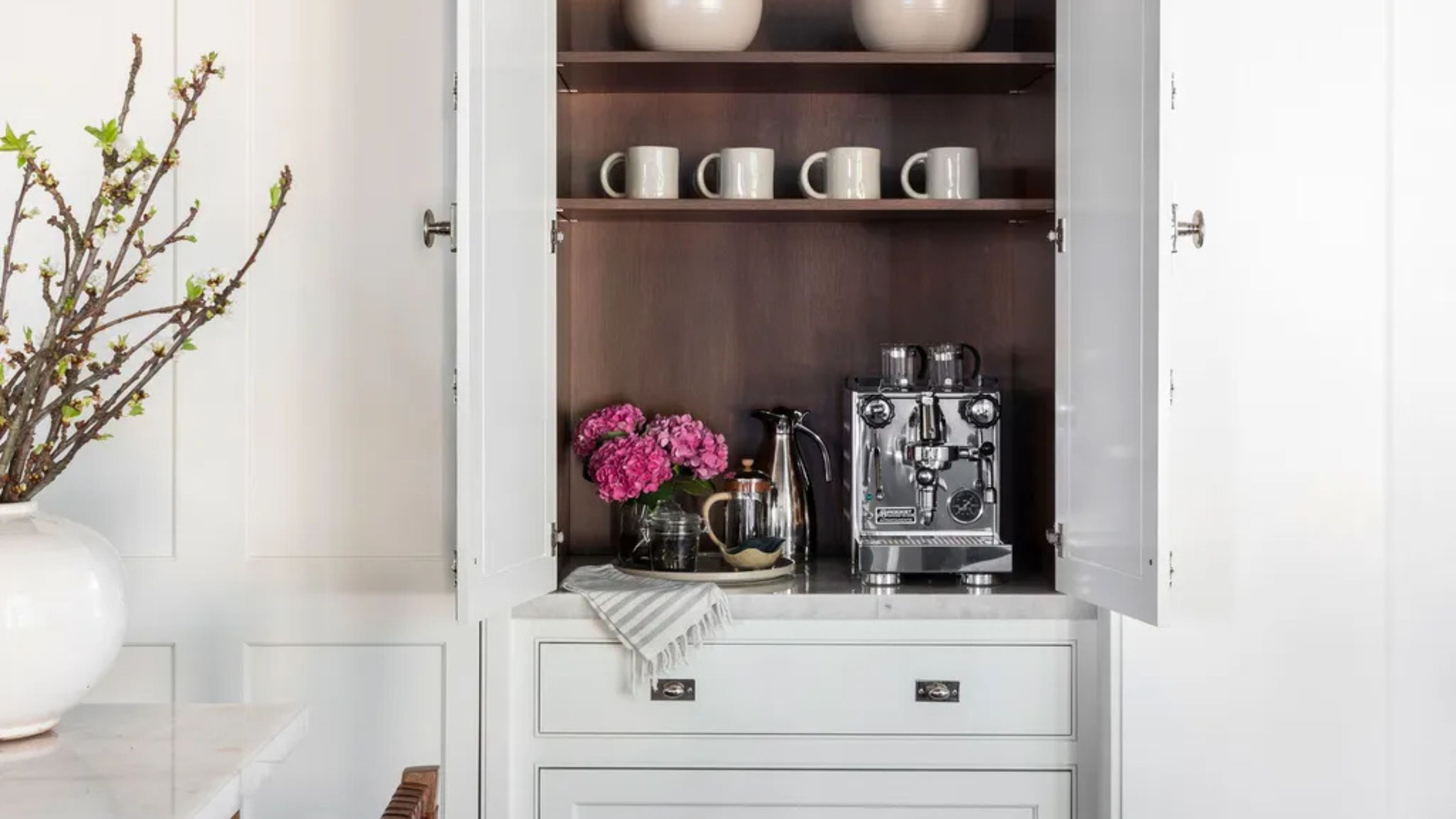 Turns Out the Coolest New Café is Actually In Your Kitchen — Here's How to Steal the Style of TikTok's Latest Trend
Turns Out the Coolest New Café is Actually In Your Kitchen — Here's How to Steal the Style of TikTok's Latest TrendGoodbye, over-priced lattes. Hello, home-brewed coffee with friends. TikTok's 'Home Cafe' trend brings stylish cafe culture into the comfort of your own home
By Devin Toolen Published
-
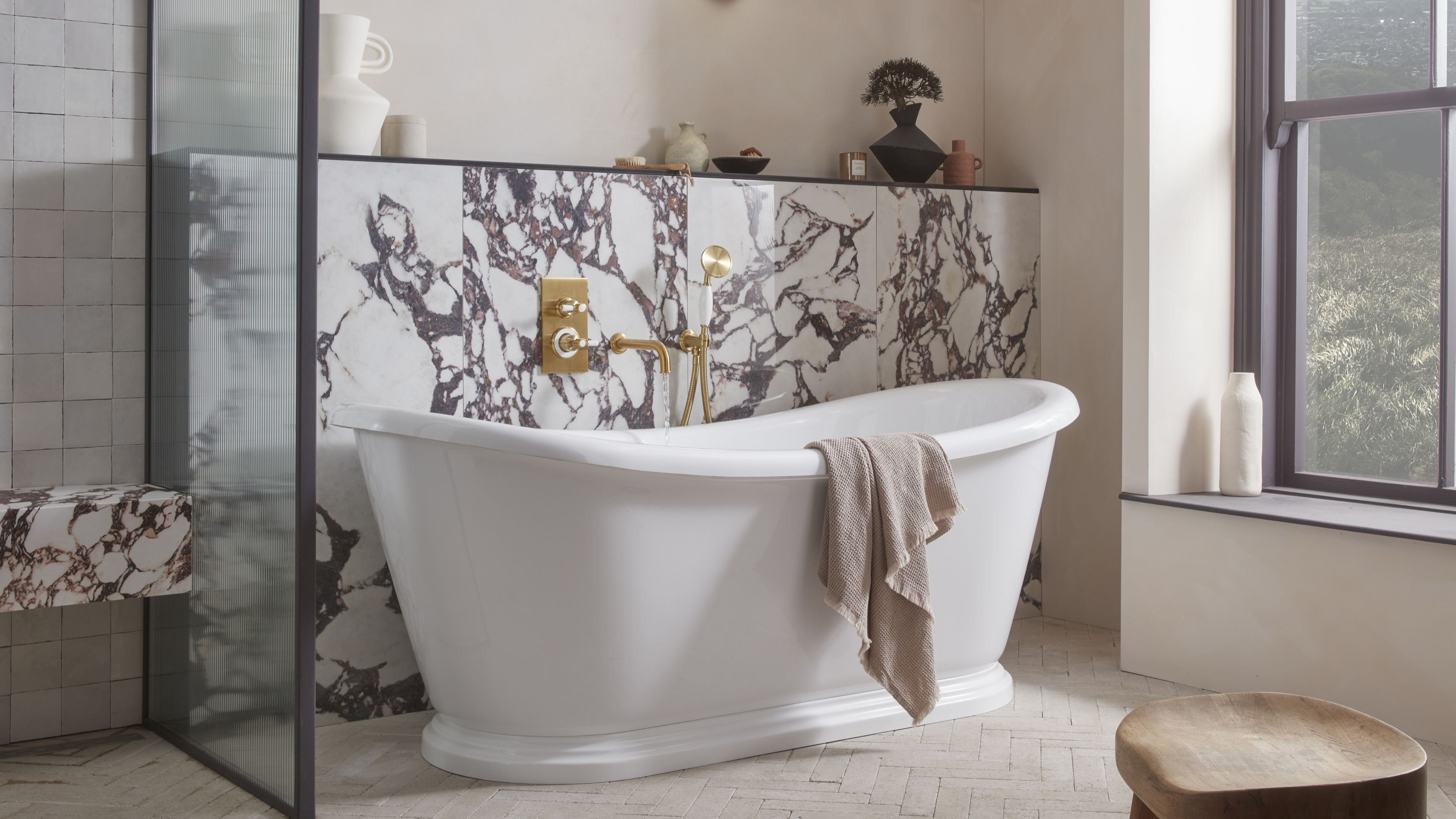 5 Bathroom Layouts That Look Dated in 2025 — Plus the Alternatives Designers Use Instead for a More Contemporary Space
5 Bathroom Layouts That Look Dated in 2025 — Plus the Alternatives Designers Use Instead for a More Contemporary SpaceFor a bathroom that feels in line with the times, avoid these layouts and be more intentional with the placement and positioning of your features and fixtures
By Lilith Hudson Published
